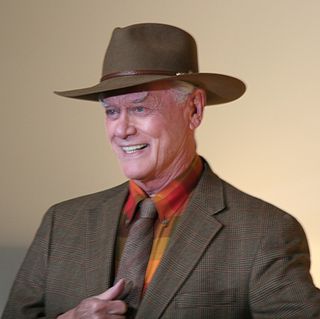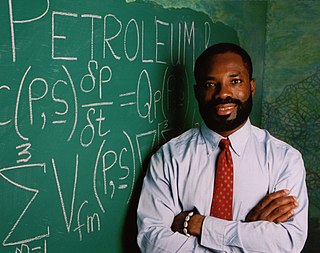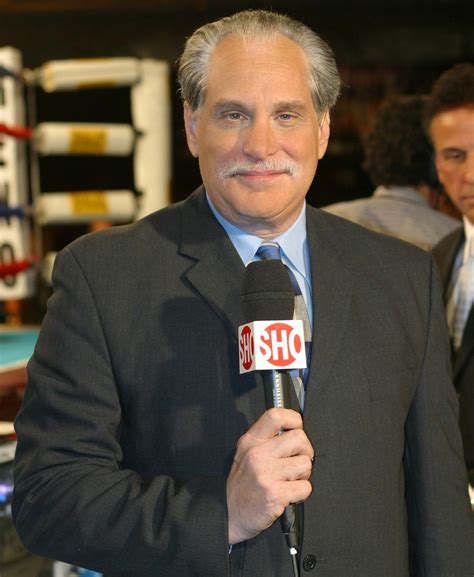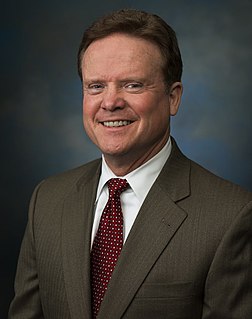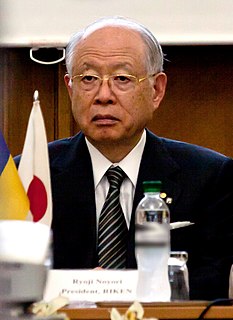A Quote by Larry Hagman
I went to a military school between the ages of six and 12 and later into the air force. You learn discipline and strength of character.
Related Quotes
I am an Air Force brat who grew up at various Air Force bases. I changed six schools in about five years and got stability for the first time when I was sent to a boarding school, Rishi Valley. I lived outside of a cantonment-style living and was among an eclectic mix of kids and got exposed to books and other things.
The first thing I did after getting a Master's degree - and the Air Force was very kind; they let me stay on at school to get a Master's - I went to Denver for the Armed Forces Air Intelligence School, six months. Fundamentally, we had a major effort on in Southeast Asia, and this was training folks to support that effort.
I can still remember them wheeling the black and white TV sets into our classroom at school so we could watch the men landing on the Moon, and that obviously had a huge impact. I later found out those people flying Apollo were ex-military test pilots, so I decided to join the Air Force and become a test pilot.
When I went to Harvard Law School I became interested in the connection between legal standards for safety and automobile engineering design. At that time, it was all blamed on a "nut behind the wheel," so-called, the driver. But I knew that the vehicle had a great deal to do with that because I had come across some Air Force-sponsored studies at medical schools. The Air Force found they were losing more men on the highways than in the Korean War.
